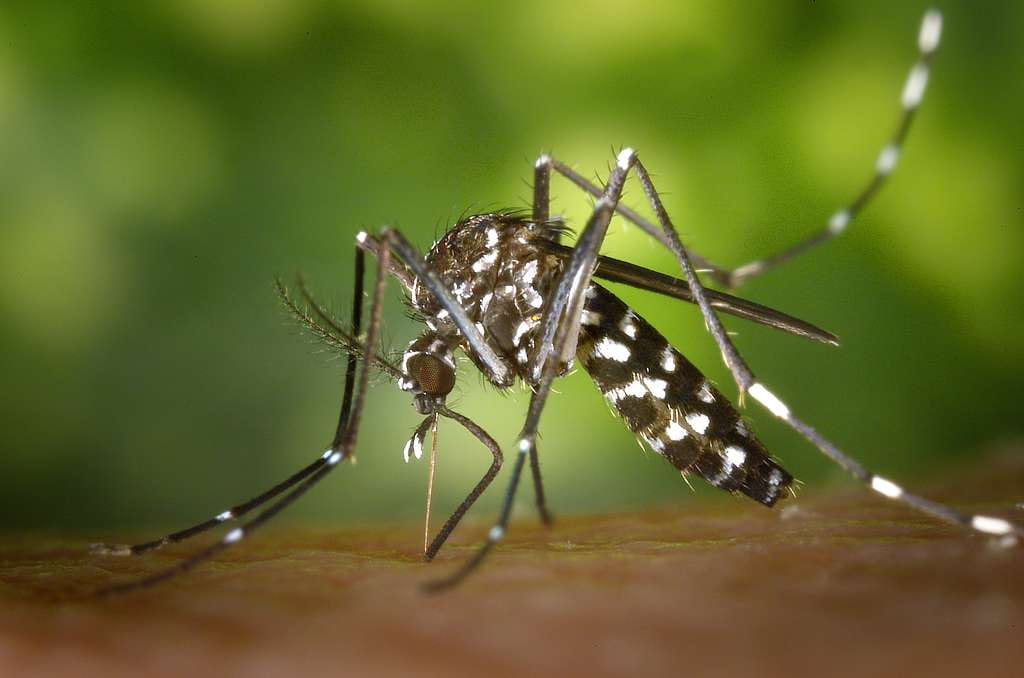
Last week, the Health Secretary of Puerto Rico joined several other Latin American countries in declaring a public health emergency due to an unanticipated rise in cases of dengue fever. Despite dengue fever –– a vector-borne infectious disease transmitted by mosquitoes — being endemic to Puerto Rico, changes in weather and climate due to global warming have resulted in an estimated triple-fold increase in incidence when compared to cases during the same time period last year.
Rising temperatures, with progressively longer and more frequent seasons of heat and humidity, provide optimal conditions for the life cycle of various mosquito species, many of which transmit diseases such as malaria, dengue, and yellow fever. Fortunately, there have been no reports of fatalities related to the recent dengue fever outbreak on the island, with only 29 of the 549 reported cases having been categorized as severe, as of data from March 10. Current efforts geared towards controlling the outbreak include the treatment and eradication of stagnant water, the utilization of mosquito repellants, and the installation of physical barriers, such as wire mesh panels, to prevent mosquitoes from entering homes
Understanding and acknowledging the intertwined relationship between the ongoing climate crisis and the shift in pattern of zoonotic diseases is vital in modifying preparedness plans to mitigate unfavorable outcomes resulting from inevitable future outbreaks and epidemics.
By Nehal Rowhani
